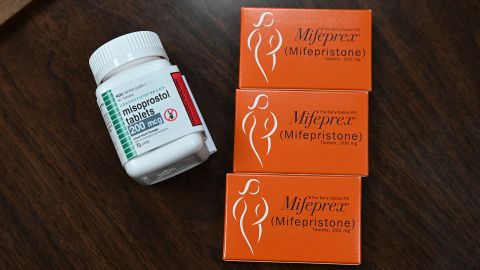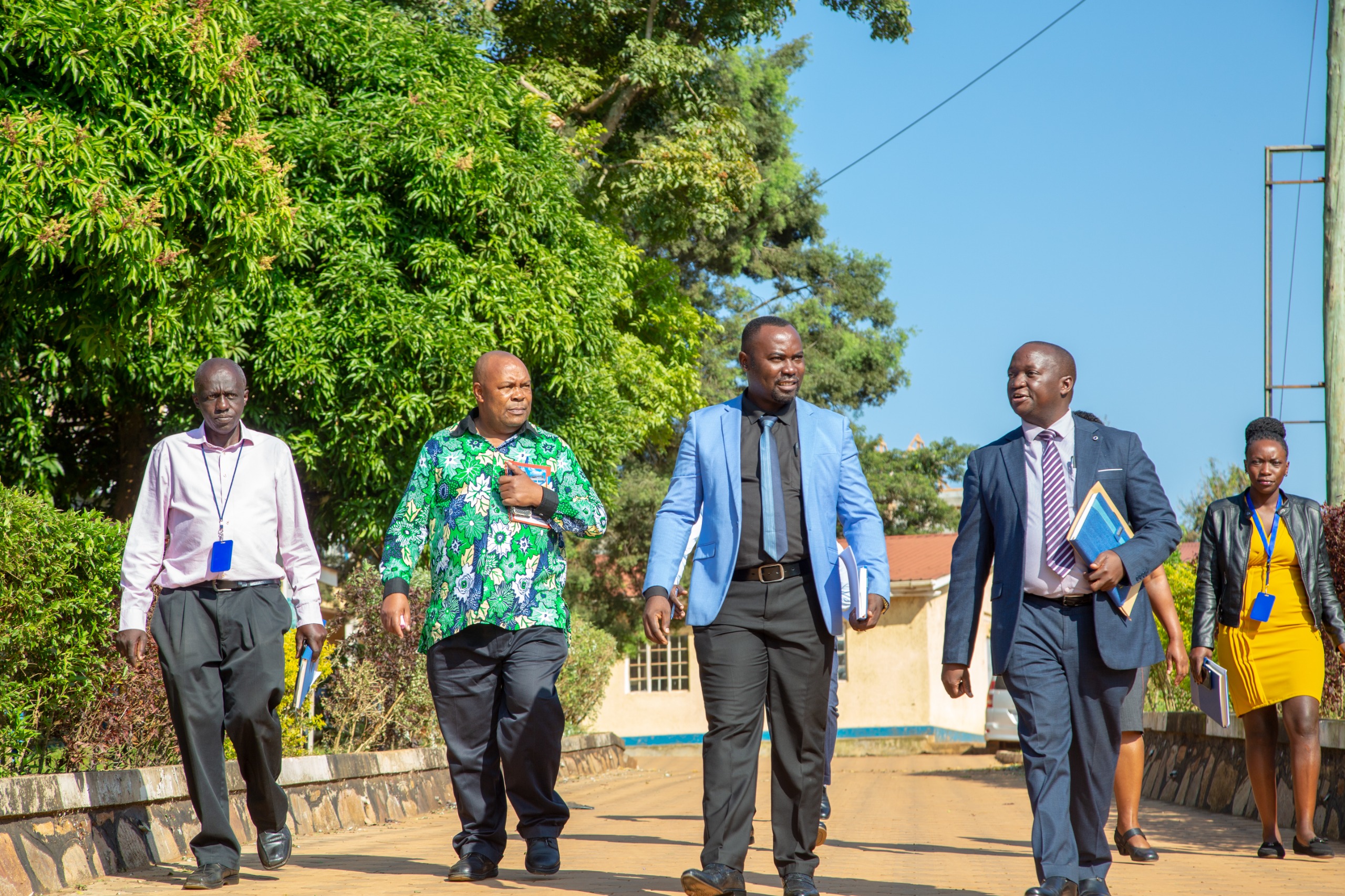The term non-governmental or non-profit, as always called, is normally used to cover the range of organizations that make up civil society. Such organizations are characterized, in general, by having a purpose other than financial profit as the purpose of their existence.
The phrase “non-governmental organization” came into being alongside the United Nations in 1945. The World Bank defines two groups of NGOs: operational and advocacy.
Operational NGOs focus on designing and implementing development projects. Advocacy NGOs promote causes and try to influence public policy. Common NGOs include Amnesty International. , Human Rights Watch, Civil Rights Defenders, Human Rights without Frontiers International (HRWF), Physicians for Human Rights, and Anti-Slavery International, among others.
The UN Charter lays out the relationship between NGOs and the United States. Article 71 provides that:
The Economic and Social Council may make suitable arrangements for consultation with non-governmental organizations which are concerned with matters within its competence. Such arrangements may be made with international organizations and, where appropriate, with national organizations after consultation with the Member of the United Nations concerned.
Everyone has the right, individually and in association with others, to promote and to strive for the protection and realization of human rights and fundamental freedoms at the national and international levels.”
This is in accordance with Article 1, UN Declaration on Human Rights Defenders]
Human rights are born out of intense struggles and develop in constant connotations with power and power relations, stretching from rights holders and advocates.
We should consider that the mushrooming growth of NGOs over the past three decades has given them an extra ordinarily important role and function. The following are the roles such organizations play in monitoring and advocating for human rights at both international and regional levels.
They hold human rights abusers accountable: through press statements and reports, they bring some individuals in light, and some move with media departments. A case example was the Human Rights Watch report in 2012, which condemned acts of human rights abuse in Uganda.
Looking at Hansa Mehta & Eleano Roosevelt, who are credited through their NGOs to change “All men are born equal” to “All human beings” in Article 1 of the UDHR, this is a great impact of NGOs at the international level.
Proceeding in courts of law to assist the victims of human rights, in COHRE v. Italy Complaint No. 58/2009 centre on Housing Rights and Eviction., the Council of Europe’s Committee of Social Rights (supervising the Revised European Social Charter) found Italy to have violated the rights of its Roma population due to the destruction of Roma camps and the eviction and expelling of Roma from Italy.
These mass expulsions of non-Italian Roma, who are citizens of other EU states had increased dramatically after 2008. Violations were found in relation to: discrimination and violations of the rights of Roma people to adequate housing; social, legal and economic protection; protection against poverty and social exclusion; and the right of migrant Roma families to protection and assistance.
Italy’s policies and practices, which leave Roma residents living in segregated and grossly inadequate housing conditions, were also criticized. In the case of Andrew Mwenda & Anor V AG, The Eastern African Media Institution (U) Ltd, together with the first petitioner, petitioned court to declare sections 39 and 40 of Uganda’s penal code null as they infringed on the rights of freedom of expression which not only are provided by the constitution by also under the international human rights laws such as UDHR which Uganda subscribes too.
They also provide essential healthcare. A right to health care is one other fundamental right and various NGOs have been on the frontline to cater for the same, NGOs such as World vision have provided safe water and medical facilities to various people facing health problems. This has thereby improved their wellbeing.
Article 25 of the Universal Declaration of Human Rights names a right to health. That right is threatened in many ways, including during crises like natural disasters and conflicts. There are many NGOs focused on providing medical care, including the International Committee of the Red Cross and Doctors without Borders.
They respond quickly to emergencies; emergencies in respect of human rights abuse have been a subject of great response from NGOs. When disaster strikes, government support can take a long time and is often insufficient. Many NGOs focus on responding to emergencies with medical care, food, water and sanitation services, and shelter.
Gathering of accurate information concerning human rights abuse in different parts of the world. Such information has been vital to the rubric and pins human rights offenders in the world.
NGO campaigning against abuse of natural resources and awareness- In 1996, a disability NGO in Tuzla, Bosnia Herzegovina, decided to run a campaign for traffic awareness. Lotos, the organization, aimed to raise awareness about disabled people and traffic issues, and identified several concrete objectives, including special parking spaces for disabled people, better access to public transport, and accessible pavements and roads.
Take a bare example of Amnesty International, an international non-governmental organization founded in London on May 28, 1961, that seeks to publicize violations by human rights abusers to the public and call for actions to bring such culprits to book.
The stated mission of the organization is to campaign for “a world in which every person enjoys all of the human rights enshrined in the Universal Declaration of Human Rights and other international human rights instruments, Amnesty draws attention to human rights abuses and campaigns for compliance with international laws and standards.
The Center on Democracy, Development and the Rule of Law member Nicholus Opio was handed the award and a cash prize of $100,000 by Dutch foreign minister Ben Knapen. US-based Ugandan lawyer and human rights activist” Civil society actors and human rights defenders play a vital role in educating the citizenry and must be allowed to carry out their work free from harassment,” this was a statement by US ambassador Natalie Brown, posted on Twitter in welcoming Opio’s release on bail.
In this regard, the role of NGOs in monitoring and advocating for human rights at both international and regional levels has faced a great block in pursuing human rights protection across the border due to threats from various governments in which they operate.
Threats include deregistration or delay registration of NGOs simply for administrative infractions. In some countries such as Uganda, NGOs have faced suspension from operating in countries with a reason by those in power that they are threats to their Government.
For example, in 2021, the Uganda government suspended 54 NGOs with reasons interalia that some of them were backing the opposition.
In conclusion, the role of NGOs in monitoring and advocating for human rights cannot be underscored. However, despite the UN and regional arrangements for the protection of human rights at all levels, it is impossible to have a clear picture of the state’s obligations towards the various international laws. NGOs are responsible for protecting human rights and holding rights abusers accountable.
That does not mean NGOs should be thrown out. They play a role in monitoring and advocating for human rights at both international and regional levels.
About Author: Mwanje Gideon is a law student and President of both the Ug





















Discussion about this post